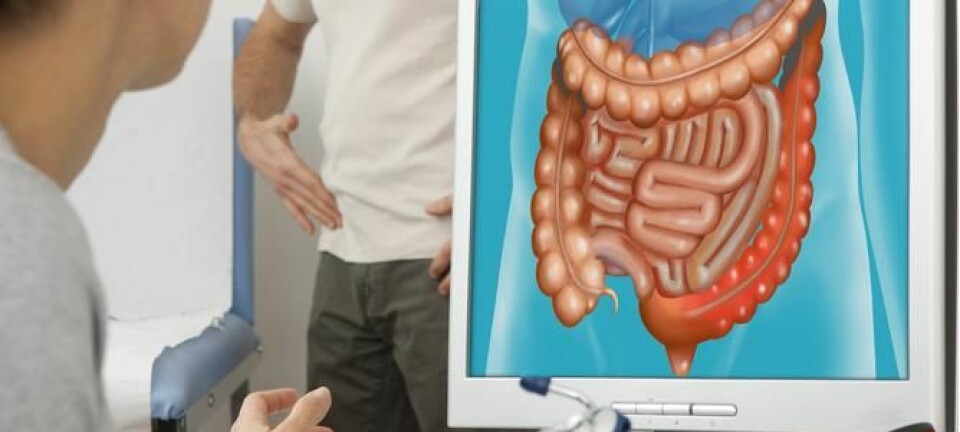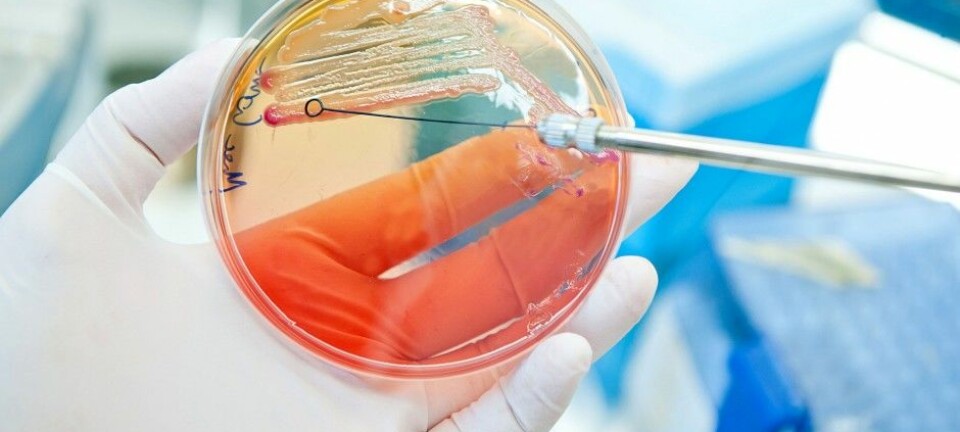
Gut bacteria in pre-school children are developing resistance to antibiotics
Scientists have studied gut bacteria in children and discovered that at least 21 per cent of the bacteria are resistant to one or more types of antibiotics.
Just a few decades ago, doctors could not see any resistance among the many trillions of bacteria living in the human gut.
But today even small children carry resistant gut bacteria according to a new study.
Stool samples from 174 Danish children shows that at least 21 per cent of the studied bacteria are resistant to one or more types of antibiotics.
“We hadn’t counted on it being so bad among pre-schoolers. Unlike adults, children have not been exposed to antibiotics throughout a long life, so it’s both surprising and worrying that they are carrying resistant gut bacteria,” says Ulrik Stenz Justesen, a clinical lecturer and doctor with the Department of Clinical Microbiology at Odense University Hospital, Denmark.
He emphasises that the new results are yet another symptom of the growing problem with antibiotic resistance, which the WHO characterises as one of the most serious threats to public health.
“Good” bacteria can become enemies
Under normal conditions gut bacteria are described as “good” because they perform vital functions in the body.
But if these bacteria develop resistance to antibiotics in the gut they can turn against us.
“So long as the resistant bacteria are locked within the gut, they’re not harmful. The problem first arises if they come out of the gut because they can lead to infection elsewhere in the body. And if you cannot kill the infection with antibiotics then the worst case scenario is that it kills you,” says Justesen.
The resistant gut bacteria can escape and cause problems if a hole forms in the gut.
This can happen during surgery, appendicitis, intestinal cancer, or as the result of an accident.
No resistance left in just a few decades
Many people unknowingly carry antibiotic resistant gut bacteria. But until now, scientists did not know whether the same was true for young children.
“The study shows that the problem is found in very young children. This is worrying because it’s another indication that the fight against antibiotic resistance is going in the wrong direction,” says Thomas Bjarnsholt, a professor in microbiology at the University of Copenhagen Denmark. He did not partake in the new study.
The study looks at a particular type of bacteria called anaerobic bacteria, which are bacteria that live without oxygen.
“The vast majority of our normal good gut flora is comprised of anaerobic bacteria. Until 1980 we didn’t see any resistant anaerobic intestinal bacteria, but in recent years the problem has become bigger and bigger,” says Justesen.
Children are not in danger
Justesen emphasises that it is not dangerous for individual children to carry bacteria that are resistant to a particular antibiotic, so long as there are still other types of antibiotics that can attack the bacteria if necessary.
“As it stands right now, there’s no danger to individual children. But in general it’s a very uncomfortable thought that we find resistant bacteria today even among very small children who have never used antibiotics. It shows that the problem can continue and become a very big problem in the future,” he says.
One of the worrying discoveries in the new study is that two per cent of the children’s gut bacteria are resistant to one particular type of antibiotic called meropenem, which is an important drug.
“It’s a type of antibiotic that is reserved to treat the sickest patients and is regarded as critically important. It’s not a nice thought that we are beginning to see resistance to these critically important types of antibiotics,” says Justesen.
Warning: Limit the use of antibiotics
The scientists emphasise that the new study is yet another good reason to limit the use of antibiotics as much as possible.
“The overuse of antibiotics is a sign of disease in our society. Farming is often used as a scapegoat, but practising doctors should also become better in managing their use of prescribing antibiotics and sometimes should say no to using them,” says Bjarnholt.
Justesen stresses that even though one in three Danes carry anaerobic bacteria that are resistant to one or more types of antibiotics, it is still rare to see patients with gut flora that are resistant to many antibiotics.
------------------
Read more in the Danish version of this story on Videnskab.dk
Translated by: Catherine Jex
Scientific links
- 'Antimicrobial resistance in the Bacteroides fragilis group in faecal microbiota from healthy Danish children', International Journal of Antimicrobial Agents (2017), DOI: http://dx.doi.org/10.1016/j.ijantimicag.2017.01.011
- 'Multidrug-resistant Bacteroides fragilis group on the rise in Europe?', Journal of Medical Microbiology (2012), doi: 10.1099/jmm.0.049825-0









